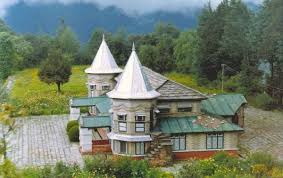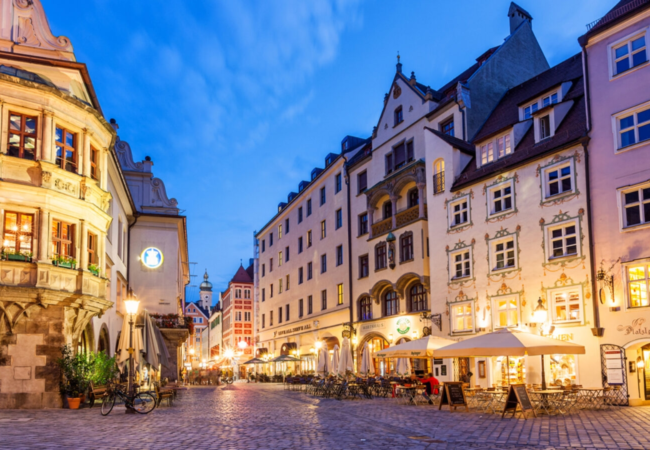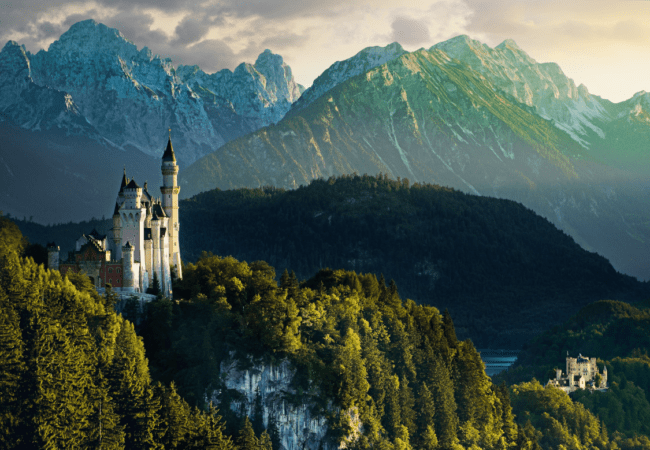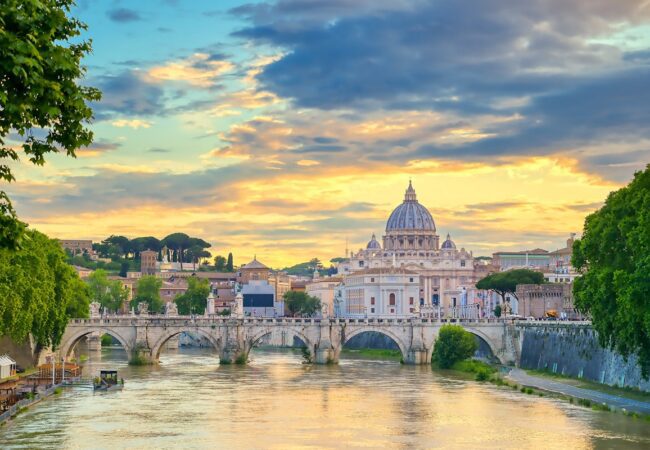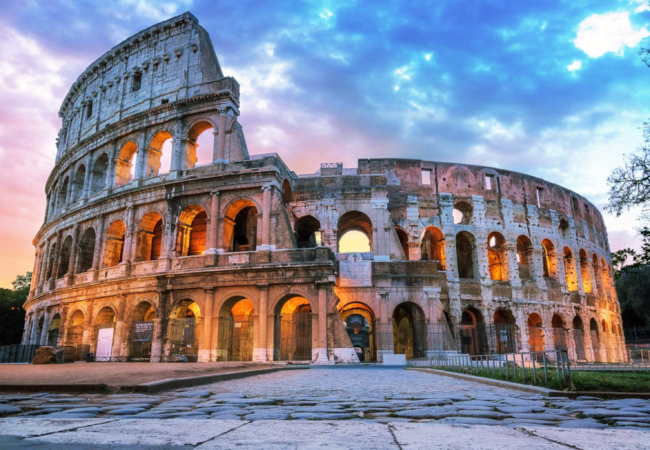To More Inquiry
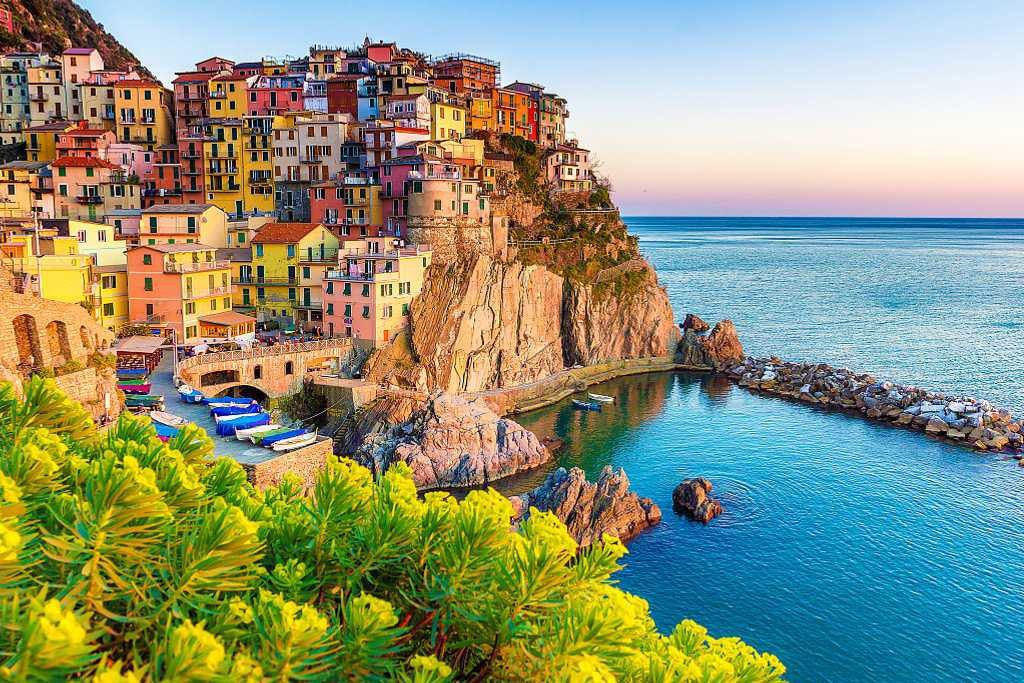
Europe is a Northern Hemisphere continent made up of numerous countries, each with its own culture, history, and scenery. From the sun-kissed Mediterranean beaches to the snow-capped Alps, Europe provides a wide range of experiences for visitors.
Important Facts:
- Number of Countries: Europe has 50 countries, each with its own particular personality.
- Language: Many languages are spoken in Europe, including English, French, German, Spanish, and Italian.
- Currency: The Euro is the European Union’s official currency, however not all countries utilize it. Some countries, including the United Kingdom, have their own currency.
- Population: Europe has a population of more than 740 million.
Must-See Places
- Paris, France: The City of Light is known for its iconic landmarks such as the Eiffel Tower and Notre-Dame Cathedral.
- Rome, Italy: The Eternal City is renowned for its ancient history, architecture, and delectable cuisine.
- Barcelona, Spain: A thriving city known for its modernist architecture, beaches, and cultural history.
- Amsterdam, Netherlands: A lovely city noted for its canals, art museums, and liberal values.
- Berlin, Germany: A historically significant city famed for its museums, nightlife, and cultural attractions.
Cultural Experiences
- Food: Pizza, pasta, tapas, and croissants are among the most popular foods in European cuisine.
- Wine: Europe is home to numerous world-class wine areas, including France, Italy, and Spain.
- Festivals: Europe holds numerous festivals throughout the year, including the Tomatina festival in Spain and the Carnival of Venice in Italy.
- History: Europe has a long history, with several old ruins, castles, and historical sites to visit.
Advice for Travelers
- Visa Requirements: Depending on your nationality, you may require a visa to visit some European countries.
- Transportation: Europe has a well-developed transportation network, with several low-cost planes, trains, and buses linking cities and nations.
- Language: While many Europeans know English, it’s always beneficial to acquire a few fundamental words in the native tongue.
- Currency Exchange: When traveling between nations, be aware of local currency and exchange rates.
Best Time to Travel
The best time to visit Europe varies by location and personal preferences. Summer is major tourist season, but spring and autumn offer cooler temperatures and fewer crowds.


